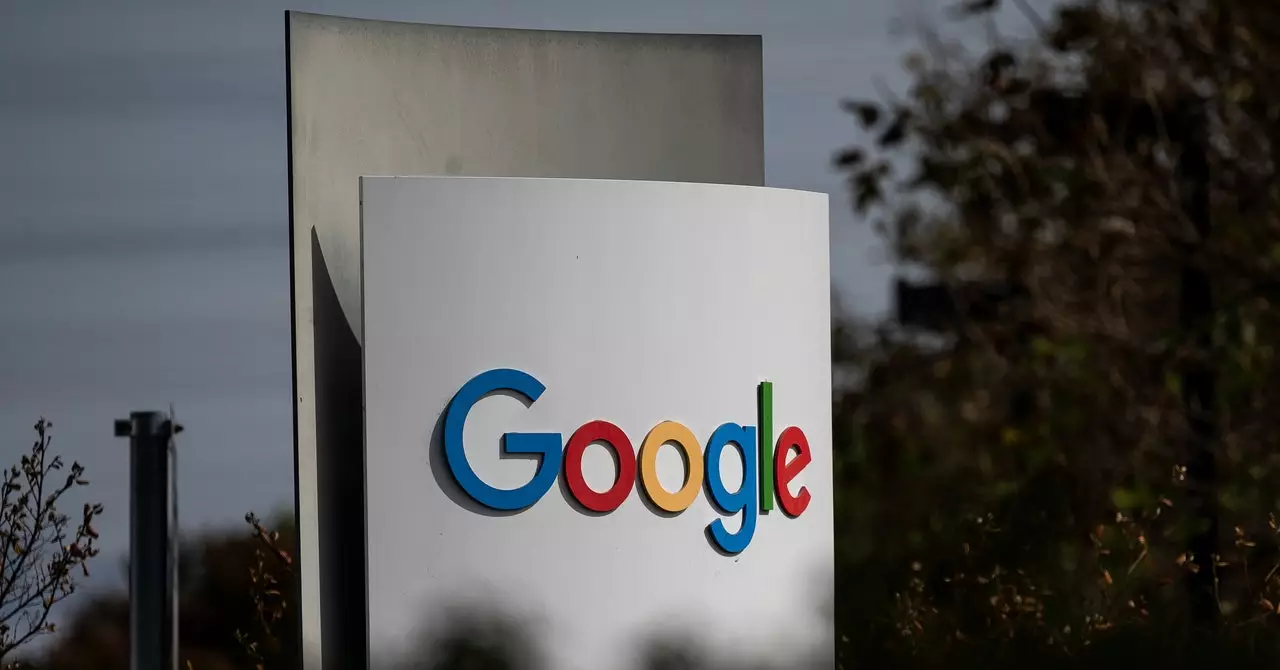In the ever-evolving landscape of digital technology, the anticipation surrounding Google’s generative AI chatbot, Gemini Assistant, begs an exploration of its potential trajectory against formidable contenders, namely OpenAI’s ChatGPT. As federal antitrust scrutiny intensifies, Google’s ability to leverage past promotional partnerships may be put to the test. The decisions made in this complex legal environment will not only shape the future of Gemini but considerably influence the company’s overarching strategy in a fast-changing AI market.
A recent court filing from Google paints a stark picture of an organization under siege, navigating the treacherous waters of antitrust litigation. The US Justice Department’s proposal for Google’s operational adjustments has sparked a high-stakes debate about the future of its product distribution. As Google fights to maintain its position in the competitive AI market, the company has suggested a three-year moratorium on mandating device manufacturers and service providers to distribute its Gemini product. This concession appears to offer a semblance of flexibility in how these partners represent Google’s offerings, a marked shift from the traditional stronghold Google has maintained over its ecosystem.
The ramifications of this legal pushback are profound. The court’s scrutiny of Google’s past agreements—particularly its arrangements to be the default search engine across platforms—reveals how deeply embedded the company is in the structure of the digital economy. By strategically navigating these legal challenges, Google seeks to avoid a repeat of the mistakes that drew the ire of regulators, which include alleged monopolistic practices that stifle competition and innovation.
The crux of the matter lies in the discussion surrounding default service arrangements. Judge Amit Mehta’s revelations concerning Google’s monopolistic grip on search services expose a scenario where user loyalty is often born out of convenience rather than true preference. During the trial, Google contended that its comprehensive search experience naturally kept users engaged, yet the evidence points towards a more complex truth: users frequently stick to pre-installed defaults without reconsideration.
Despite the legal hurdles, Google’s proposal aims to pivot slightly while retaining advantageous arrangements. The prospective ability to maintain default status on select devices within specific constraints allows for a continued partnership with manufacturers like Samsung. However, Google’s shift to reduce mandated promotion of Gemini represents a significant departure from a model that has long benefited the company. The proposed strategy ensures that partnerships can exist without enforced loyalty, enabling collaboration with rival AI firms while also supporting Google’s AI endeavors.
The evolution of chatbots like Gemini signals a transformative period in user interaction with search engines, challenging the traditional paradigms of information retrieval. As Gemini prepares to enter a fiercely contested marketplace against established players like ChatGPT, the absence of mandatory partnerships may hinder it from achieving an immediate foothold. Nevertheless, allowing flexibility in promotional strategies could empower Google to craft bespoke, opportunistic collaborations that are genuine and likely more appealing to partners.
There is also an element of optimism for Google and its parent company, Alphabet. The stock market has responded favorably amidst these legal complications, with significant gains reflecting investor confidence in the long-term viability of its services. This bullish sentiment speaks volumes to the expectation that, regardless of the current legal turmoil, Google’s ability to innovate and adapt keeps it at the forefront of the tech industry.
Google’s fight against antitrust litigation embodies a delicate balance between maintaining existing advantages and embracing necessary innovations. The Gemini Assistant’s trajectory will depend largely on how effectively Google can operationalize its proposed flexibility in partnerships without compromising its competitive edge. The coming months will be pivotal—not just for Google, but for the broader implications these legal proceedings hold regarding the future of digital competition and consumer choice in an increasingly AI-driven world.

